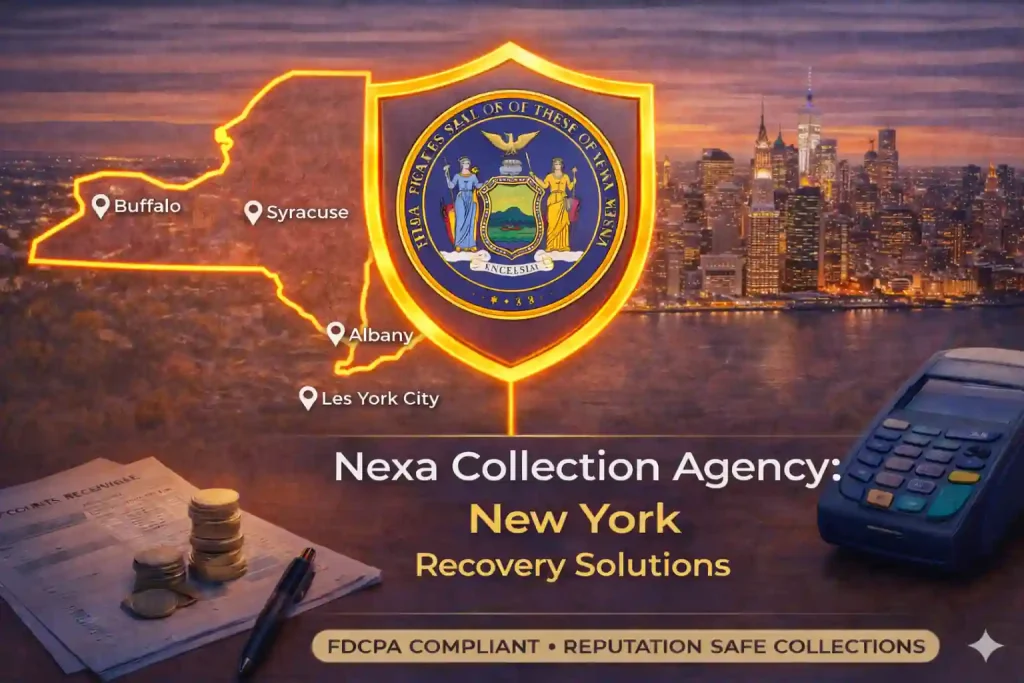Handling debtor information securely isn’t just good business—it’s legally essential. For collection agencies, failing to protect sensitive debtor data can be disastrous. Here’s what agencies must know about cybersecurity and why it matters:
Compliance Isn’t Optional
Collection agencies are regulated by laws such as the Fair Debt Collection Practices Act (FDCPA) and the Gramm-Leach-Bliley Act (GLBA). These regulations demand stringent data security practices. If an agency doesn’t comply, it could face serious penalties. For example, a violation under the GLBA can lead to fines of up to $100,000 per violation for the agency, and agency officers could be personally fined up to $10,000.
Real Cyber Threats, Real Costs
Debtor data is particularly appealing to cybercriminals. It often contains Social Security numbers, bank account details, and personal contact information. A single breach can expose thousands of individuals’ sensitive data. In one notable incident, a medium-sized collection agency suffered a ransomware attack that compromised over 25,000 debtor accounts. The cost of addressing this breach—including legal fees, notification costs, and settlements—exceeded $1 million.
Protect Your Reputation
A breach doesn’t just mean financial loss; it can severely damage an agency’s reputation. Clients depend on agencies to handle debtor information responsibly. For instance, after experiencing a data leak involving debtor information, a California-based collection firm lost key contracts, amounting to nearly $500,000 in annual revenue. Effective cybersecurity shows clients and debtors alike that your agency is trustworthy and reliable.
Minimizing Risks Through Security Practices
Agencies must take proactive cybersecurity steps. Secure portals, encryption, firewalls, and two-factor authentication (2FA) are foundational security measures. Consider a situation where an employee accidentally emails debtor information without encryption. Such an incident could result in fines ranging from $5,000 to $50,000 per violation under certain state privacy laws, like the California Consumer Privacy Act (CCPA).
Be Prepared to Respond
No cybersecurity strategy is foolproof. Thus, having an incident response plan is crucial. Rapidly addressing breaches can limit damages significantly. Agencies should conduct regular cybersecurity training and periodic audits to identify potential vulnerabilities before they become expensive problems.
Security Checklist for ClientsBefore sharing delinquent customer data, clients should ask collection agencies:
|
Bottom Line
Cybersecurity for collection agencies isn’t just a technical necessity—it’s a vital part of managing risk, maintaining compliance, and safeguarding both finances and reputation.


